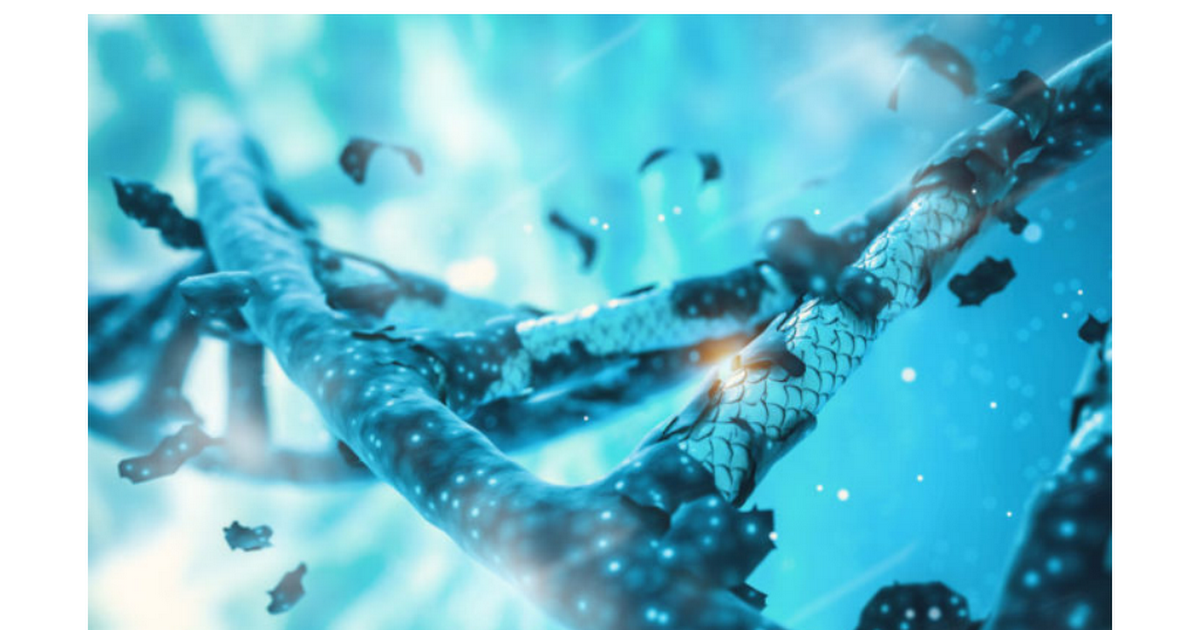- Joined
- Feb 23, 2017
- Messages
- 6,320
Hi everyone-
Welcome to the first piece of our putting together the individuality of your pets puzzle.
It may be said that individuality starts in the genes, but actually that's only part of the truth.
The reality is that individuality starts with energetic balance and inherited miasms (that's homeopathy-speak for inherited imbalances that follow certain patterns called psoric, sycotic and syphilitic).
However, current conventional medicine doesn't "accept" energetic medicine in any way. Let alone Dr. Hahnemann's miasmatic theory.
Medicine is strictly physiologically, and increasingly pharmacologically, based.
Meaning that biomarkers revealed through diagnostic tests like chemistry, urinalysis, x-ray, etc. are used to diagnose, treat and monitor disease.
Not biomarkers like body condition, quality of life, etc.
The fact that doctors consider test results and numbers secondary to quality of life is evidence of just one of the disconnects between medicine and healing.
The underlying cause for the disconnect is that internal imbalance (dis-ease) is only considered physiologically.
I am writing about this topic of physiological vs. energetic imbalance because our upcoming Empower Hour! webinar topic is cutting edge modern medical molecular genetics-based topic (Nutrigenomics) but is still only one little piece of the puzzle.
On Monday we welcome back Dr. Jean Dodds who will be discussing Vitality, Balance and Nutrigenomics with Dr. Christina, Dr. Sara and I.
Here's an excerpt from her awesome introduction to the fascinating subjects of epigenetics and nutrigenomics:
Here's the full article:

 drive.google.com
drive.google.com
"You are What You Eat" applies to our pets as well in addition to us.
Even more important than what you feed your pets however, is how they absorb and process that great nutrition you feed them.
For example, an animal with an energetic (or miasmic) tendency towards the energetic state of marasmus may get the best food in the world yet be malnourished.
However, even considering this incomplete understanding of genes, inheritance and imbalance, it is awe-some to witness the recent advances in genetically based research and clinical progress of the past 10 years.
This following article is also physiologically-based (so partially correct) and contains practical applications of nutrigenomics and epigenetics.
I made a a few highlights and corrections/additions in the article:
Enjoy these articles that help you to put everything about your pets health in context, and see the bigger picture.
Welcome to the first piece of our putting together the individuality of your pets puzzle.
It may be said that individuality starts in the genes, but actually that's only part of the truth.
The reality is that individuality starts with energetic balance and inherited miasms (that's homeopathy-speak for inherited imbalances that follow certain patterns called psoric, sycotic and syphilitic).
However, current conventional medicine doesn't "accept" energetic medicine in any way. Let alone Dr. Hahnemann's miasmatic theory.
Medicine is strictly physiologically, and increasingly pharmacologically, based.
Meaning that biomarkers revealed through diagnostic tests like chemistry, urinalysis, x-ray, etc. are used to diagnose, treat and monitor disease.
Not biomarkers like body condition, quality of life, etc.
The fact that doctors consider test results and numbers secondary to quality of life is evidence of just one of the disconnects between medicine and healing.
The underlying cause for the disconnect is that internal imbalance (dis-ease) is only considered physiologically.
I am writing about this topic of physiological vs. energetic imbalance because our upcoming Empower Hour! webinar topic is cutting edge modern medical molecular genetics-based topic (Nutrigenomics) but is still only one little piece of the puzzle.
On Monday we welcome back Dr. Jean Dodds who will be discussing Vitality, Balance and Nutrigenomics with Dr. Christina, Dr. Sara and I.
Here's an excerpt from her awesome introduction to the fascinating subjects of epigenetics and nutrigenomics:
Genetic variability, the inter-individual differences in genetics, can affect metabolism as well as an individual’s phenotype. Genetic disorders of nutritional metabolism can cause abnormal physiological effects that are exhibited as polymorphisms (population diversity). Simple examples would be the genes associated with obesity or diabetes in various canine species, and vitamin B12 deficiency in giant Schnauzers.
Here's the full article:
Nutrigenomics for animals | Animal Wellness Magazine.pdf
"You are What You Eat" applies to our pets as well in addition to us.
Even more important than what you feed your pets however, is how they absorb and process that great nutrition you feed them.
For example, an animal with an energetic (or miasmic) tendency towards the energetic state of marasmus may get the best food in the world yet be malnourished.
However, even considering this incomplete understanding of genes, inheritance and imbalance, it is awe-some to witness the recent advances in genetically based research and clinical progress of the past 10 years.
This following article is also physiologically-based (so partially correct) and contains practical applications of nutrigenomics and epigenetics.
I made a a few highlights and corrections/additions in the article:
Enjoy these articles that help you to put everything about your pets health in context, and see the bigger picture.
Last edited:

